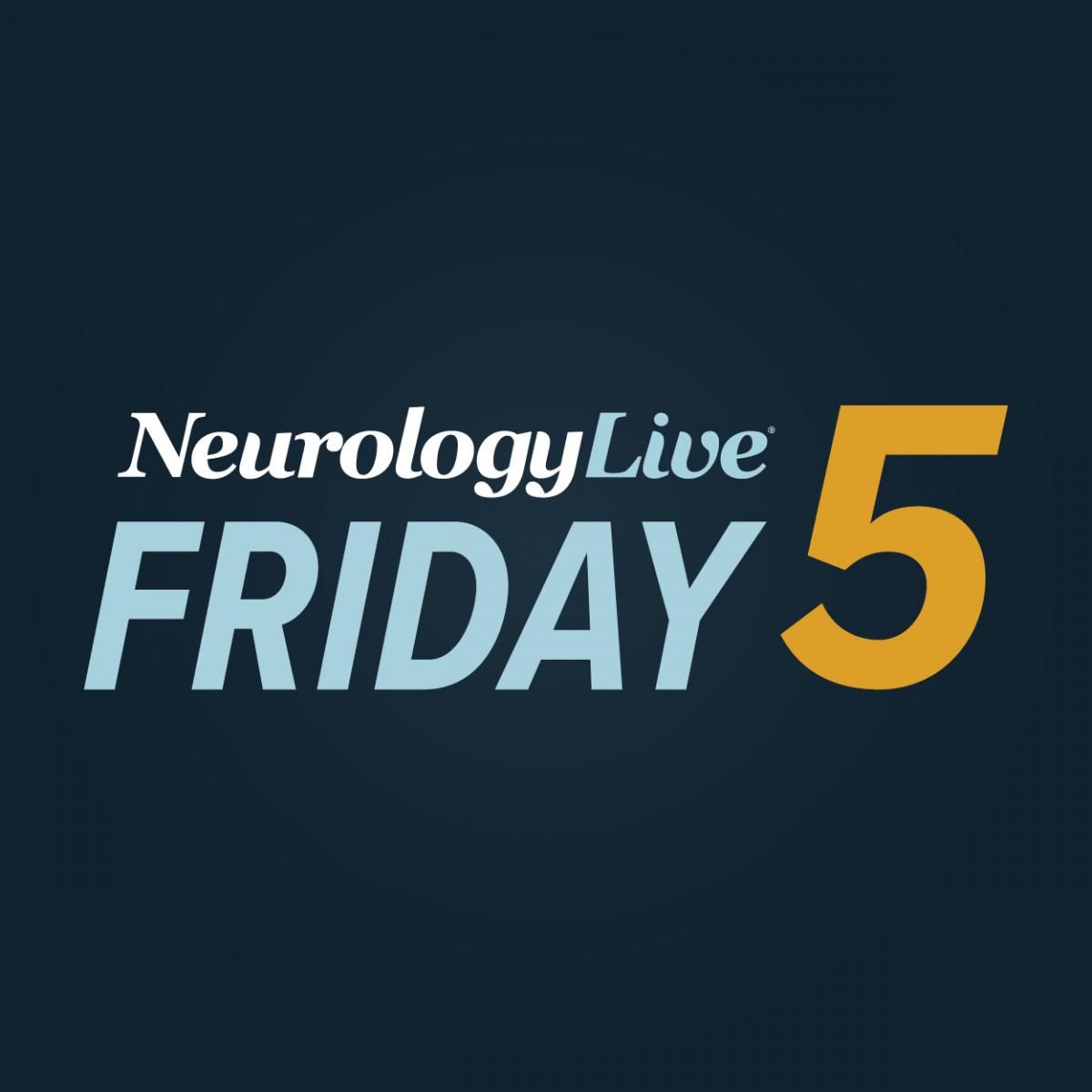News
Article
FDA Grants Regenerative Medicine Advanced Therapy Designation to Kyverna's KYV-101 for Refractory Stiff-Person Syndrome
The application was supported by positive data of KYV-101 in patients with stiff-person syndrome treated in Germany under a named-patient treatment option.
Amanda Piquet, MD
(Credit: University of Colorado Anschutz Medical Campus)

According to a recent announcement, the FDA has granted regenerative medicine advanced therapy (RMAT) designation to Kyverna Therapeutics’ KYV-101, an investigational CD19-directed chimeric antigen receptor (CAR) T-cell therapy, for the treatment of patients with refractory stiff-person syndrome (SPS).1
"As a physician dedicated to optimizing diagnosis and treatments for patients with autoimmune neurological disorders, I am grateful to be able to witness and contribute to the advancement of treatments and patient outcomes in stiff person syndrome via collaborative research efforts with leading players in the field and the support of the FDA oversight," Amanda Piquet, MD, the director of the Autoimmune Neurology Program at University of Colorado Anschutz Medical Campus, told NeurologyLive®.
About a month prior, in June 2024, the company announced data that revealed KYV-101 improved the condition of a patient with SPS on several measurements including walking speed.2 Published in the Proceedings of the National Academy of Sciences, the data came from a case study featuring a single patient treated with the agent. The patient, a 59-year-old woman whose first symptoms of SPS appeared in 2014, was treated in Germany under a named-patient use basis. The patient was treated with a single dose of 1x108 CAR T-cells at baseline after having undergone a lymphodepletion regimen with fludarabine and cyclophosphamide, and was then followed for 6 months.3
The patient’s walking speed increased to 0.83 m/s on day 20, up more than 100% from 0.37 m/s on day 1, on the 5.5-m walking test, which was conducted using a wheeled walker. Moreover, the patient achieved an uninterrupted walking distance at home of 4km after day 50 and 6km after day 90, up from her distance of just several meters recorded at baseline.
READ MORE: Gene Therapy LX2006 Positively Impacts Cardiac Biomarkers of Friedreich Ataxia, Clinical Data Show
In the case study, investigators also noted the patient experienced a “marked improvement” in stiffness after treatment. On the Modified Ashworth scale (MAS), the patient recorded scores of 2-3 on their right knee at baseline but was reduced to 0 on day 14 of treatment. For the patient’s left knee, the MAS score fluctuated around 4, but was noted to improve modestly over time. Pain, which was measured with a numeric rating scale, also showed improvement, with several assessments that revealed a score of 0 starting at day 50, down from the baseline score of 4. Additionally, on day 112, the patient’s score on the fatigue severity scale had decreased 48 points from baseline to 40 points.
On day 56 the patient’s antiGAD65 titers showed 1:1,000 and on day 144 they showed 1:320, a reduction from 1:3,200 recorded at baseline. Authors also noted that during the first 5 months posttreatment the patient reduced GABAergic medication use stepwise, from 25 mg to 10 mg, to 5 mg. Researchers also pointed out that the patient did not receive any additional immunotherapy, including intravenous immunoglobulin, after KYV-101 treatment.
In terms of safety, the patient experienced a grade 2 case of cytokine release syndrome (CRS) that included a fever that reached 38.3°C as well as transient hypotension. Paracetamol, dexamethasone, and tocilizumab were used to successfully address the adverse event. The case of CRS, which had developed by day 9, was also accompanied by sore throat and cervical lymph node swelling, both of which also resolved with the aforementioned use of drugs to treat the CRS. Liver transaminases showed transient and limited increases of around 4-fold, with the peak elevation occurring at day 15, but were spontaneously reversed on day 45.
Authors concluded that the findings of this study support the continued investigation of CD19-directed CAR-T therapy for refractory B-cell–related neuroimmunological disorders. They noted several areas of interest for further study in future clinical trials, including a closer look at the potential activity of KYV-101 in the cerebrospinal fluid, the character of repopulation of B-cells after treatment, and outcomes at longer follow-up times.
"Kyverna is focused on supporting patients and their clinical unmet needs, building patient centric clinical trials to allow access to the latest medical advances in the CAR-T space for autoimmune disease. We are proud to be able to investigate the potential of safe and effective long lasting treatment that can lead to meaningful, durable remission for patients suffering from autoimmune diseases like SPS," Peter Maag, PhD, the chief executive officer at Kyverna, told NeurologyLive. "The data generated from all our ongoing trials will improve our understanding how KYV-101 can represent a paradigm shift in patients' treatment without relying on long-term immunosuppressive therapies."
REFERENCES
1. Kyverna's KYV-101 Receives U.S. FDA RMAT Designation for KYV-101 in the Treatment of Patients With Refractory Stiff-Person Syndrome. News Release. Kyverna Therapeutics. Published July 15, 2024. Accessed July 24, 2024. https://www.prnewswire.com/news-releases/kyvernas-kyv-101-receives-us-fda-rmat-designation-for-kyv-101-in-the-treatment-of-patients-with-refractory-stiff-person-syndrome
2. Faissner S, Motte J, Sgodzai M, et al. Successful use of anti-CD19 CAR T cells in severe treatment-refractory stiff-person syndrome. Proc Natl Acad Sci USA. 2024;121(26):e2403227121. doi: doi.org/10.1073/pnas.2403227121
3. First-in-disease use of Kyverna Therapeutics' KYV-101 in patient with severe stiff-person syndrome published in proceedings of the national academy of sciences (PNAS). News release. Kyverna Therapeutics, Inc. June 17, 2024. Accessed June 18, 2024. https://ir.kyvernatx.com/news-releases/news-release-details/first-disease-use-kyverna-therapeutics-kyv-101-patient-severe
Newsletter
Keep your finger on the pulse of neurology—subscribe to NeurologyLive for expert interviews, new data, and breakthrough treatment updates.




